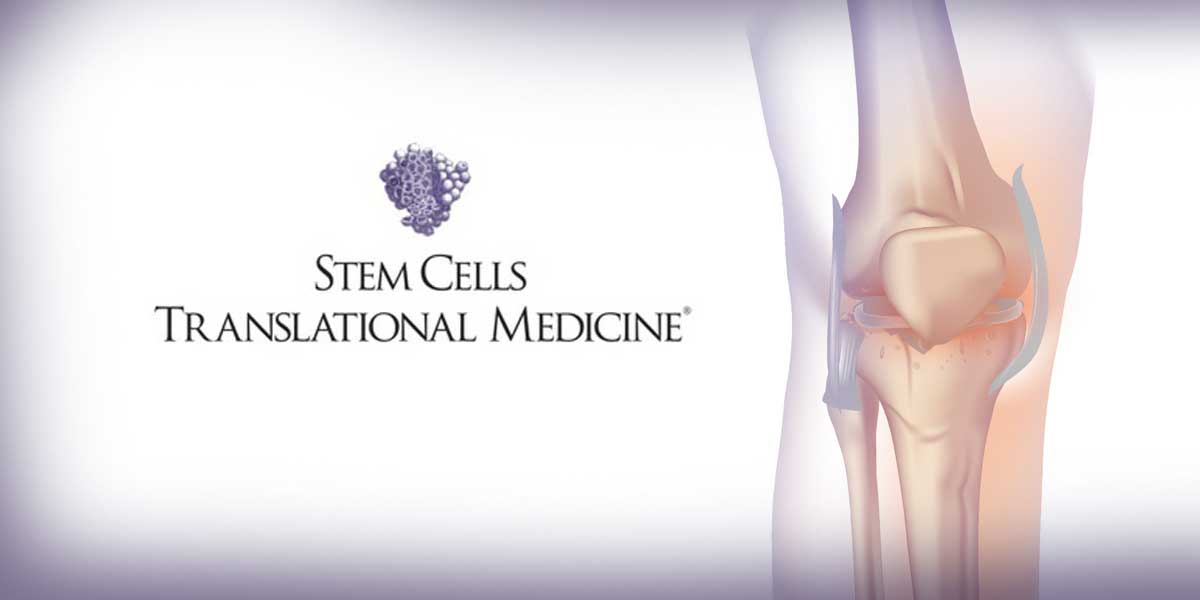By: Peter Marks, M.D., Ph.D., Director, Center for Biologics Evaluation and Research
Link to article
The U.S. Food and Drug Administration plays a vital role in facilitating the development and availability of innovative medical products. Products such as cellular-derived therapies, including stem cell-based products, offer the potential to treat or even cure diseases or conditions for which few effective treatment options exist.
The FDA’s November 2017 regenerative medicine policy framework was developed to help facilitate and support innovation in the area of regenerative medicine therapies. As part of this framework, we encourage sponsors to take advantage of ongoing expedited programs that might be available to them, including Regenerative Medicine Advanced Therapy, breakthrough therapy, and fast track designations, to support product development and licensure.
The framework also outlines the agency’s intent to exercise enforcement discretion with respect to the FDA’s investigational new drug (IND) and premarket approval requirements for certain regenerative medicine products until November 2020, which was later extended through May 2021. This compliance and enforcement discretion policy gives manufacturers time to determine if certain requirements apply to their products, and if an application is needed, to prepare and submit the appropriate application to the FDA.
We are now reaffirming the timing of the end of the compliance and enforcement discretion policy for certain human cell, tissue, and cellular and tissue-based products (HCT/Ps), including regenerative medicine therapies. The period during which the FDA intends to exercise enforcement discretion with respect to the IND and premarket approval requirements for certain HCT/Ps ends on May 31, 2021, and will not be extended further.
Since November 2017, the FDA has worked with product developers to help them determine if they need to submit an IND or marketing application and, if so, how they should submit their application to the FDA. The FDA developed programs that provide opportunities for engagement between HCT/P manufacturers and the agency, including the Tissue Reference Group (TRG) Rapid Inquiry Program (TRIP). TRIP helped manufacturers of HCT/Ps, including stakeholders that market HCT/Ps to physicians or patients, obtain a rapid, preliminary, informal, non-binding assessment from the FDA regarding how specific HCT/Ps are regulated. TRIP was a temporary program of the TRG. The TRIP began in June 2019 and was extended twice. It recently ended on March 31, 2021.
Despite all of the FDA’s efforts to engage industry, there continues to be broad marketing of these unapproved products for the treatment or cure of a wide range of diseases or medical conditions. Many of these unapproved products appear to be HCT/Ps that are regulated as drugs, devices and/or biological products subject to premarket approval requirements. The wide extent of the marketing of such unapproved products is evidenced by their inappropriate advertisement in various media and by the number of consumer complaints about them submitted to the FDA.
These regenerative medicine products are not without risk and are often marketed by clinics as being safe and effective for the treatment of a wide range of diseases or conditions, even though they haven’t been adequately studied in clinical trials. We’ve said previously and want to reiterate here – there is no room for manufacturers, clinics, or health care practitioners to place patients at risk through products that violate the law, including by not having an IND in effect or an approved biologics license. We will continue to take action regarding unlawfully marketed products. Our oversight of cellular and related products has included taking compliance actions, including numerous warning and untitled letters, and pursuing enforcement action for serious violations of the law.
Since December 2019, the agency has issued more than 350 letters to manufacturers, clinics, and health care providers, noting that it has come to our attention that they may be offering unapproved regenerative medicine products and reiterating the FDA’s compliance and enforcement policy.
We encourage the public and patients who are considering treatment with regenerative medicine products to work with their health care providers to learn about the treatment being offered. Ask questions and understand the potential risks of treatment with unapproved products. It is critical to only seek treatment using legally marketed products, or, for unapproved products, to enroll in clinical trials under FDA oversight. The public can visit the FDA’s website to find out if a particular regenerative medicine product is approved.
The FDA remains committed to helping advance the development of safe and effective regenerative medicine products, including stem cell-based products, to benefit individuals in need. We look forward to working with those who share this goal.





